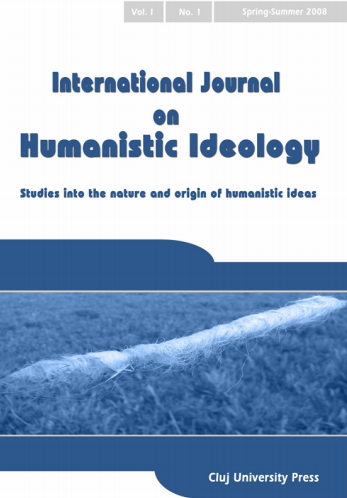The Divine Love of Hafiz and Pushkin in Mircea Eliade’s “The Captain’s Daughter”
The Divine Love of Hafiz and Pushkin in Mircea Eliade’s “The Captain’s Daughter”
Author(s): Ali Shehzad ZaidiSubject(s): Philosophy
Published by: Presa Universitara Clujeana
Keywords: Eliade; The Captain’s Daughter; Hafiz; Pushkin; Romanian short story; Romanian literature; Persian literature; Persian poetry; Russian literature
Summary/Abstract: Mircea Eliade’s “The Captain’s Daughter” invokes the legacies of Hafiz and Pushkin to sacralize the world. In this enigmatic short story, the motif of boredom denotes the characters’ immersion in profane time and in a mechanistic mode of being. A captain hires a peasant boy, Brânduş, to box with his son, Valentin. Brânduş subverts Valentin’s socialization into reflexive violence, and reveals that he knows that the captain’s daughter, Agrippina, had been left back a year at school. Intrigued, Agrippina tries to find out how Brânduş discovered the secret that was at once a family disgrace and transformative mystery. The young boy represents the spiritual freedom missing in Agrippina’s suffocating social and family environment. In its recollection of the various cultural guises of love, in its return to origins, Eliade’s story unifies cultures and connects us to the living universe.
Journal: International Journal on Humanistic Ideology
- Issue Year: I/2008
- Issue No: 01
- Page Range: 127-144
- Page Count: 18
- Language: English

